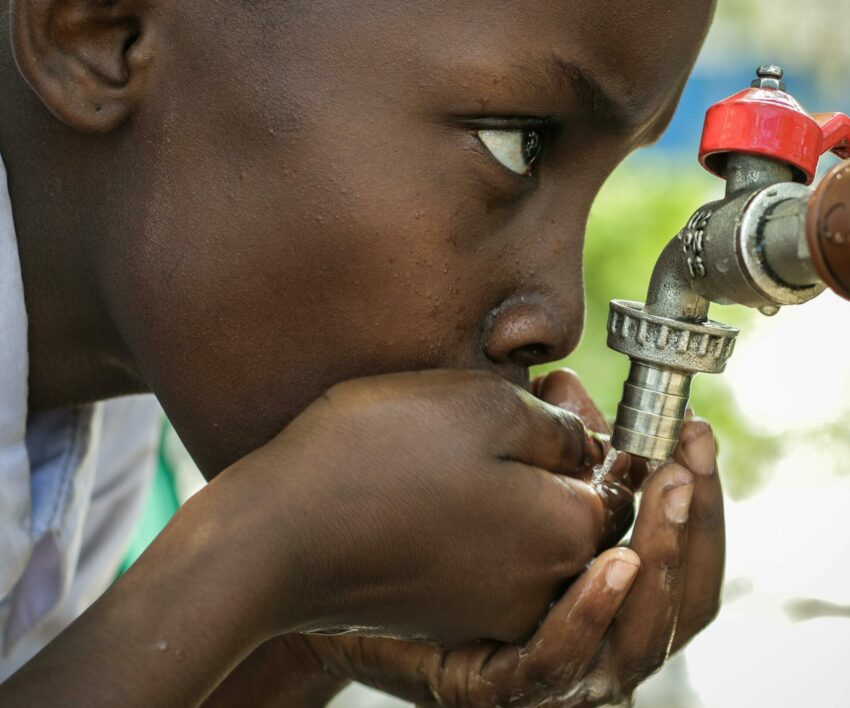
Our bodies need all the necessary nutritional components for them to function at their full potential, hydration is one of these components.
Anything operating on low fluid is bound to be problematic, just like how your car cannot run for long with low fuel. The same goes with your body, if you don’t have enough hydration, you are setting yourself up for a not-so-nice time.
The Cleveland Clinic states that dehydration is a condition where the body loses too much fluids than it takes in, causing it to stop functioning normally. It can occur due to sweating, fever, diarrhoea, vomiting, insufficient water intake, or medication that increases urine output, the clinic continues.
“Up to 78% of your body is made of water. Your brain is made up of 73% water, and so is your heart. Your bones are 31% water, your muscles and kidneys are 79%, and your skin is 64%. A whopping 83% of water makes up your lungs.”
The above clinic adds that water is very crucial in your body as it helps with digestion, lubricates joints, makes saliva, balances chemicals, delivers oxygen, cushions bones, regulates body temperature, and acts as a shock absorber. In warm weather, it is said that sweating helps reduce body water levels, affecting normal bodily functions.
According to Healthline, dehydration can lead to fatigue, dark-coloured urine, low urine output, dry skin, decreased skin elasticity, and cracked lips. Fatigue is believed to be a common symptom of dehydration, as it affects sleep-wake cycles, exercise endurance, and overall health.
Other symptoms suggested by WebMD include dry mouth, headache, muscle cramps, dry cough, low blood pressure, loss of appetite, swollen feet, chills, constipation, and lack of sweating. “Signs of severe dehydration include feeling dizzy, rapid heartbeat, rapid breathing, sunken eyes, sleepiness, lack of energy, confusion, or irritability and fainting.
Also see: All you need to know about heat training and its benefits




